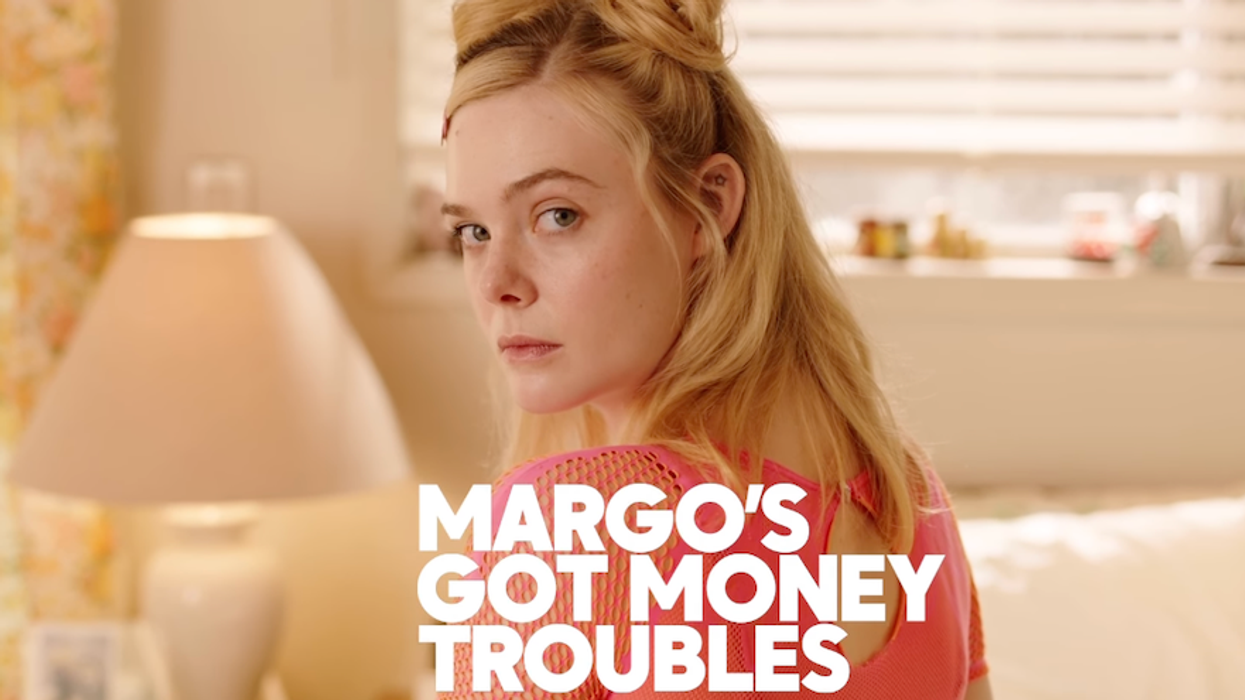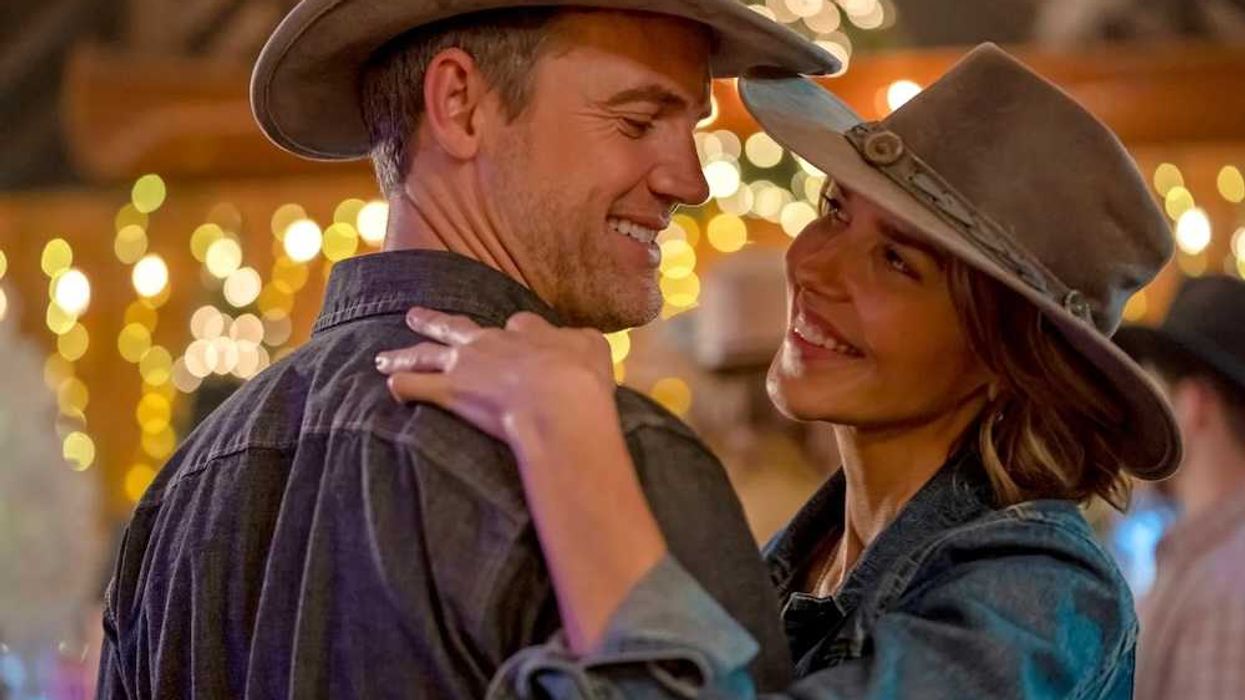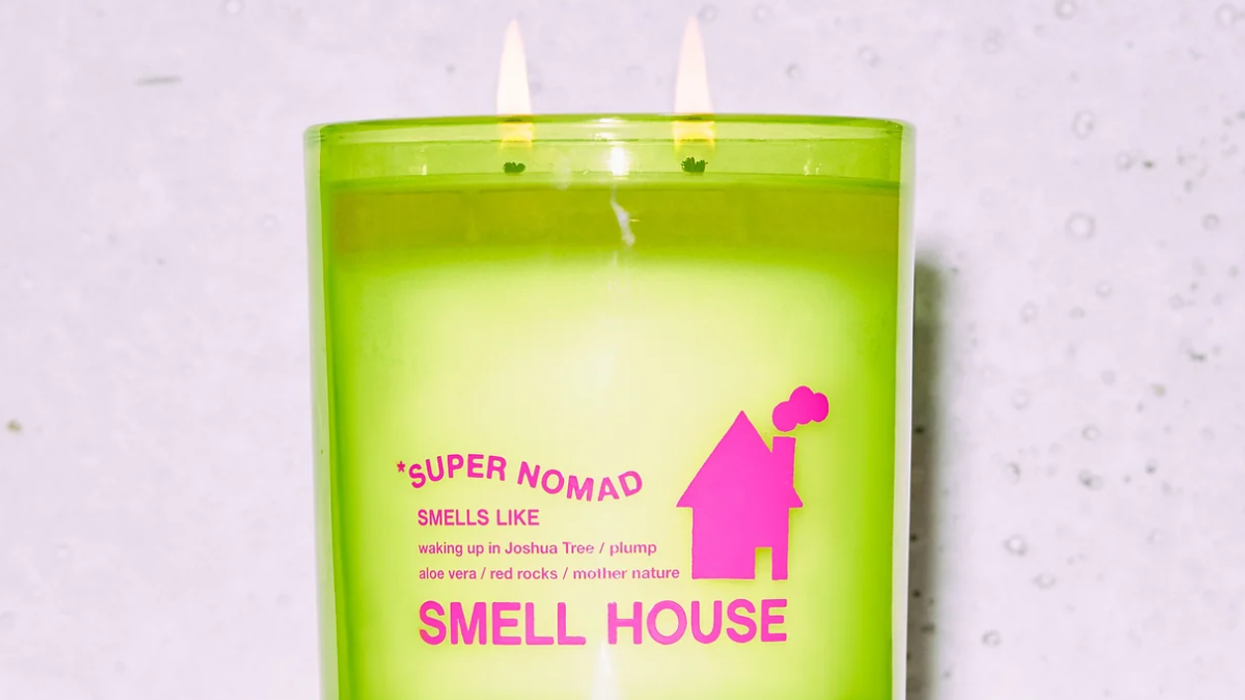Bring your calm on.
5 Ways to De-Stress Right Now

Between work and school obligations, getting in your workouts, and time with your girlfriends and loved ones, you’ve got a lot going on! So it’s totally natural to feel stressed sometimes. Even on your busiest days, it’s essential to give yourself time to unwind and focus on yourself. This will bring you back to a relaxed state and boost feel-good hormones in your bod. We’re sharing our top five tips to bust stress and bring your calm on!

1. Get your heart rate up. Quick bursts of exercise, like in high-intensity interval training (HIIT), causes your body to release endorphins. These endorphins give your bod those feel-good vibes that help reduce stress. Try our new Bikini Series Sandy Sweat HIIT routine HERE. It will boost your metabolism like crazy and make you feel incredible. We have lots more toning and cardio routines in our new Beach Babe 5 workout collection too. You can also check out our Daily Workout for exactly what workouts to do each day to maximize these perks.

2. Connect with a friend. Nothing beats a night out (or in!) with your best girlfriends. Laughing with your friends naturally decreases levels of the stress hormone cortisol while boosting feel-good hormones like serotonin. And bonus: Laughter works those ab muscles too! We’ve seen so many women form incredibly supportive friendships within the #TIUteam. Scroll through the hashtag and say hi to a few gals. You never know, you could be laughing over a glass of vino with them in the future.
3. Heat up a cuppa. Sipping on a warm cup of mint tea relaxes your muscles and eases anxiety. You can even invite a friend for a double dose of calm.

4. Take a walk break. If work or school has you a little stressed, take a quick stroll outside. Offer to pick up coffee for your coworkers or grab a green juice for yourself from a nearby store. Taking a breather for even five minutes and fitting in a little exercise can reduce cortisol levels and increase endorphins. That way you can return with a clear mind and boosted mood.
5. Eat magnesium-rich foods. Magnesium naturally relaxes your muscles and can increase your sleep quality, which are both essential to reducing stress levels. You can get magnesium in plenty of healthy, delicious ingredients. Try mixing up a spinach salad, snacking on a handful of almonds, or grilling salmon to get your daily dose of magnesium.
Want even more science-backed information to decrease stress, boost energy, give you totally fab skin, AND help reach your fitness goals?! Join the Tone It Up Nutrition Plan! You’ll also automatically gain access to the Bikini Series Edition that pairs perfectly with the eight week Bikini Series Challenge. It’s packed with incredible recipes and nutrition tips to get you in the best shape of your life!
What are your favorite ways to de-stress? Share them with us @BritandCo and @ToneItUp!
(Photos via Tone It Up)

















